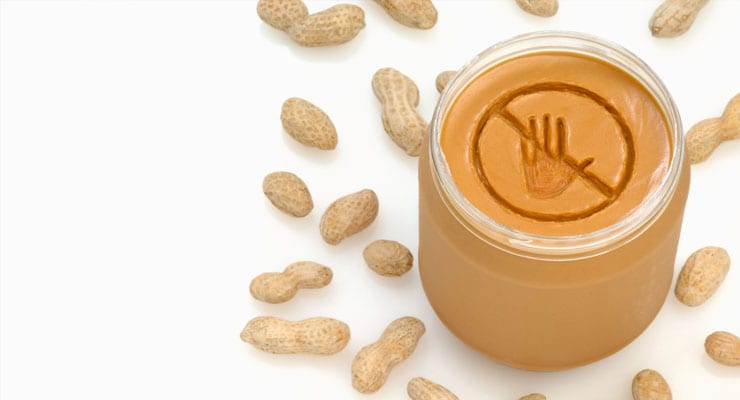Search Results for: extreme allergies
Signs of Allergies to Infant Formula
If you introduce infant formula to your baby, you’ll probably want to be on the alert for signs of an allergy, especially if allergies run in your–or the baby’s father’s–family. Most infant formula includes cow’s milk or soy products in the ingredients. In cases of infant formula allergies, cow’s milk protein is the most common allergen. Still, allergies to formula are not all that common; according to the U.S. Department of Agriculture, less than 3% of babies in the United States have an allergy to milk protein. Since half of the babies who are sensitive to cow’s milk protein also turn out to react badly to soy, soy-based formula is not necessarily the solution if your baby does turn out to have a dairy allergy. Check with your baby’s physician before switching to a hypoallegenic formula. It may reassure you to know that there’s good chance your baby will outgrow an allergy to infant formula within a few years.
Spring Allergies
After staying indoors for much of winter, spring is a welcome relief for most people. While the longer days, green grass and blossoming plants herald in the new season, they also bring the return of pollen. Spring allergies often occur because of pollen. If spending time outside in the spring makes your eyes start to water and your nose run, you may be one of the 40 million Americans suffering from springtime allergies.
Deadly Food Allergies: From A Teen Who Has Them
This article was written by a 14 year old girl dealing with life threating food allergies. Hey Hun, my Mom tells my Dad, Lets stop at the market for groceries, perhaps we can we go to Whole Foods for dinner? Were getting groceries, so it might be easier to eat there. And, we want to celebrate! Great idea! he says.Crap. I thought to myself.And why not celebrate? We had just come …
5 Ways Families With Allergies Can Save on Groceries
The following post is a guest contribution from Money Crashers, your guide to financial fitness One out of every five households currently has at least one member dealing with a food allergy. The most common allergen is milk, with eggs and peanuts slightly behind it.
How Far Should a School Go to Accommodate for Kids’ Allergies?
I dont know how many of you have been following this peanut allergy story in Florida, but heres the lowdown. A 6-year-old girl at an elementary school in Edgewater had a peanut allergy so severe that she would have a reaction if she were to breathe traces of nut dust in the air. Her school took certain measures to accommodate her, but many parents became outraged by the lengths the school went to for the girl.





